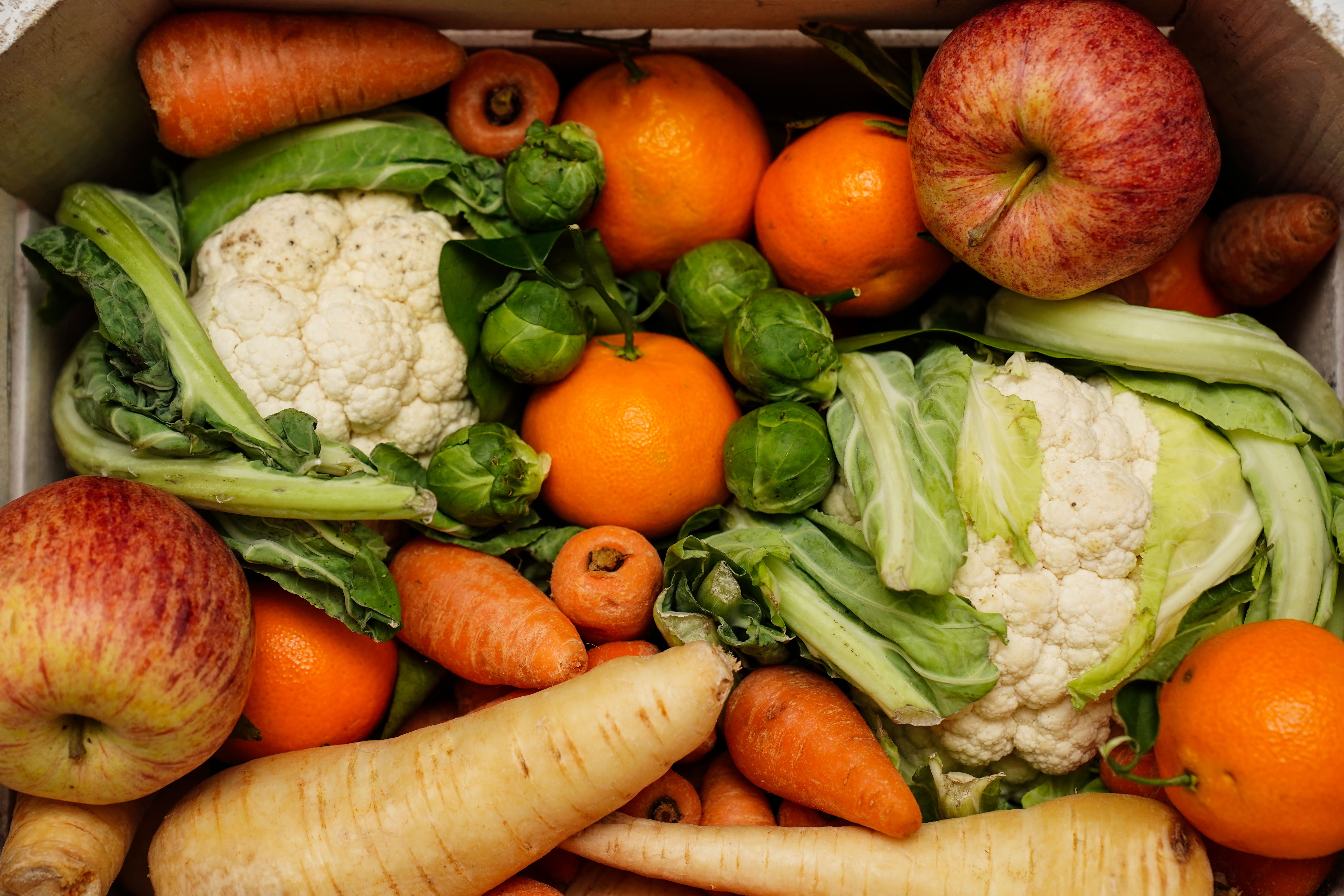‘Cheap food’ policy driving out British producers, MPs hear
“We need to start championing what we can produce here at home, accepting that it isn’t the cheapest option for our consumer,” MPs were told.

Your support helps us to tell the story
From reproductive rights to climate change to Big Tech, The Independent is on the ground when the story is developing. Whether it's investigating the financials of Elon Musk's pro-Trump PAC or producing our latest documentary, 'The A Word', which shines a light on the American women fighting for reproductive rights, we know how important it is to parse out the facts from the messaging.
At such a critical moment in US history, we need reporters on the ground. Your donation allows us to keep sending journalists to speak to both sides of the story.
The Independent is trusted by Americans across the entire political spectrum. And unlike many other quality news outlets, we choose not to lock Americans out of our reporting and analysis with paywalls. We believe quality journalism should be available to everyone, paid for by those who can afford it.
Your support makes all the difference.A “cheap food” policy is driving out British producers, MPs have heard.
Ali Capper, the executive chairwoman of British Apples and Pears told the Environment, Food and Rural Affairs Committee that a “strategic change” was required to “start championing” produce grown locally.
She said: “We’ve got a cheap food policy in this country, and that cheap food policy is driving out British farming and British food producers.
Let's get real. Southern Spain and north Africa will not be able to grow food in 30 or 50 years time. Strategically we need to look forward. And if you look at those climate change maps the UK is in a good place to grow food going forward
“So we have to make a strategic change, in my opinion. We need to start championing what we can produce here at home, accepting that it isn’t the cheapest option for our consumer, but perhaps looking at the margin share in the supply chain.”
Earlier, Ms Capper had told the committee that over the last two years British apple growers had faced a 30% increase in their production costs – primarily labour and energy – but had seen just 8% back from the market.
She said: “Despite the 8% back to the market, we are seeing price rises among the big retailers – Lidl’s red apples went up by 50% in a two-year period.
“Morrisons British apples six pack went up by 39% in a two-year period. Tesco increased the price of its Rosedene Farms Gala apples by 36% in that same two-year period. So there’s an inequity in the margin share.
“Government policy around a cheap food policy is driving poor buyer behaviour, it’s driving an increase in imports.”
But she added: “Let’s get real. Southern Spain and north Africa will not be able to grow food in 30 or 50 years time. Strategically we need to look forward. And if you look at those climate change maps the UK is in a good place to grow food going forward.
“So why are we not strategically saying, ‘Right, we have got something really special here. Let’s invest in it. Let’s put a strategy in place that says we’re going to grow food production in the UK by – let’s be brave – why don’t we say by 30%. Why don’t we say by 40%?”
Ms Capper told committee chairman Robert Goodwill that she wanted him to write to the chief executive of every major retailer to call for a recognition of “farm input” inflation and for fair pricing.
She added: “You may choose to make an implicit threat that if they don’t, you will legislate for it.”
Guy Singh-Watson, the founder of Riverford Organic Farmers, said: “In my working lifetime, starting in the 80s when I used to supply supermarkets, I used to get about 38p in the retail pound. I think the typical figure today would be 25p.
“Why is it inevitable that the primary producers’ share of the retail should continuously fall? It is absolutely due to market power.
“And in that time you’ve seen our self-sufficiency in food fall from roughly 80% to somewhere around 60%. So the result of that is our industry is contracting.”
Lizzie Wilson, chief executive of the National Pig Association, told the committee: “Retailers are constantly requesting more and more from our producers, whether that’s environmental credentials, sustainability, welfare, and all these elements cost money. And that’s got to be recognised by retailers when they’re paying down the supply chain.”
Asked if she was seeing retailers importing cheaper pork from Denmark and the Netherlands “to outdo you”, Ms Wilson replied: “Absolutely, always. Our issue is we’re between 40% and 50% self-sufficient so there is always that danger. They’ve got that real leverage there.
“The price differential between UK and EU pig prices is 30p a kilo at the minute. We are 30p more expensive, and that’s when they turn around and say, ‘Well we can just go and buy it cheaper elsewhere.’”